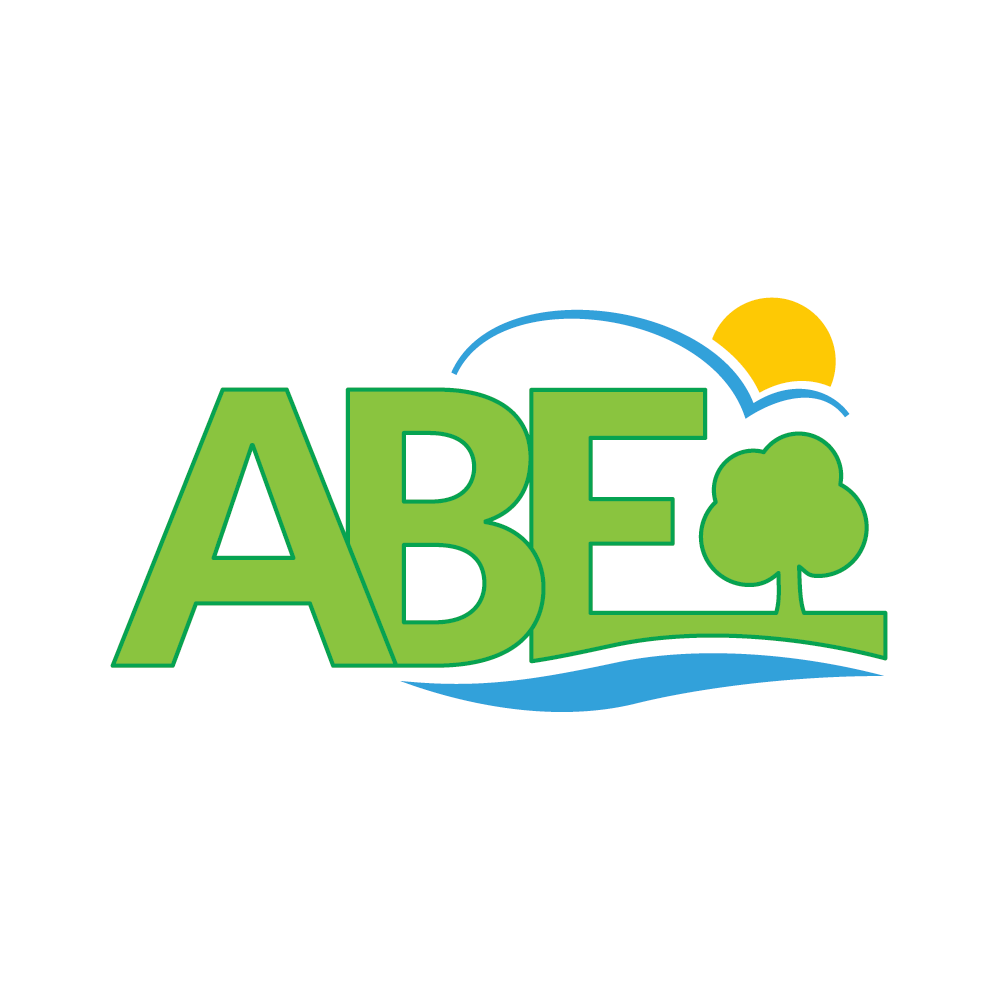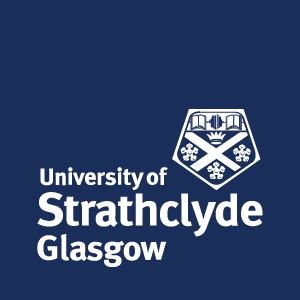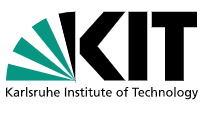Partners
- National Technical University of Athens (GR)
- Centre for Research and Technology (GR)
- EXERGIA (GR)
- Kokkalis Foundation (GR)
- University of Strathclyde (UK)
- Universita Degli Studi Della Tuscia (IT)
- Consiglio Nazionale Delle Ricerche (IT)
- Karlsruher Institute fuer Technologie (DE)
- Intrasoft International S.A. (LU)
- Renewable Energy Agency (UA)
- Universidade Federal de Goias (BR)
- Universite de Sherbrooke (CA)
The National Technical University of Athens (NTUA), founded in 1837, is the oldest and most prestigious technical University in Greece. Two laboratories affiliated to the School of Mechanical Engineering are collaboratively involved in the CERESiS project. The Energy Logistics Unit (ELU) of the Laboratory of Industrial Engineering (NTUA.IEL) focuses on biobased value chains modelling and optimization, techno-economic analyses of energy systems and more generally circular-economy, reverse and closed-loop supply chain strategic and operational optimization, areas of expertise of the project coordinator Assist. Prof. Athanasios Rentizelas. The Laboratory of Heterogeneous Mixtures & Combustion Systems (NTUA.HMCS) has expertise in the energy assessment of innovative energy production systems (fuel cells, P-to-X, microwave technologies), thermal storage, as well as building materials and structures, using both experimental and computational simulation approaches. Both NTUA.IEL and NTUA.HMCS have coordinated or participated in 36 EU-funded projects since 2002.
The Centre for Research & Technology-Hellas (CERTH; www.certh.gr) was founded in 2000 and is one of the leading research centres in Greece. It is listed among the 20 leading research institutions with the highest participation in competitive research grants in the EU. CERTH currently employs more than 900 people (mainly scientists and engineers) and has participated in more than 1000 competitive research projects, with a total budget >423 M€. In the CERESiS project, CERTH will participate through its Chemical Process & Energy Resources Institute (CPERI; www.cperi.certh.gr). CPERI focuses on the areas of Sustainable & Clean Energy, Environmental Technologies, Chemical & Biochemical Processes and advanced Functional Materials. CPERI specializes in hydrogen and clean energy technologies, including thermochemical conversion processes, emission control technologies for stationary and mobile applications, nano-structured, multi-functional materials for environmental and energy applications, carbon capture and utilization technologies, alternative fuels and sustainable combustion processes, refining/bio-refining technologies/applications, new catalytic materials and environmental catalytic processes like DeSOx, DeNOx. CPERI is very active in the multiphysics, multiscale, multicomponent modeling and simulation of thermo-chemical engineering processes and in the techno-economic analyses of biofuel-related systems for energy, fuels and high-added value chemical production and utilization. CPERI is also very experienced in system integration through advanced optimization techniques. CPERI brings also to the project the expertise of the Natural Resources & Renewable Energies Laboratory (NRRE) on membrane and advanced electrochemical processes, for water and wastewater treatment. NRRE operates various membrane-based laboratory- and industrial-scale cross-flow UF/NF/RO filtration units, as well as novel advanced oxidation units, including a laboratory pilot photocatalytic membrane reactor and a laboratory pilot (photo)electrochemical oxidation unit (AO/H2O2/UV-C). It also possesses state-of-the-art analytical facilities that facilitate proper monitoring, analysis and evaluation of water and wastewater samples.
EXERGIA is an independent firm of consultants operating internationally in the fields of energy and environment, member of SESMA, the Hellenic Association of Management Consulting Companies (Greek branch of FEACO). It was founded in 1991 and maintains since then a rapid growth rate through expansion of its client base and of its activities. Having been involved in a large number of significant sustainable energy projects worldwide, EXERGIA is established among the top energy consulting companies. The wide scope of company’s projects ranges from consultancy to European Union and state policy and strategy formulation up to energy/environmental audits and feasibility studies for private clients.
Established in 1998, in Athens, the Kokkalis Foundation is a non-governmental, non-profit organization, which serves the public interest by contributing to international cooperation, and the promotion of knowledge and education, culture and the social welfare, medicine, information technology and athletics, in Greece and abroad. Towards the attainment of these goals, Kokkalis Foundation sponsors numerous initiatives in and relative to the region, including the organization of public fora and international conferences, the support of scientific research, educational and humanitarian programs, the development of human networks for the promotion of inter-ethnic understanding and regional cooperation, the promotion and strengthening of democratic institutions of governance, environmental protection and the innovative ecosystem. The Kokkalis Fellowships program on South-eastern and East-Central Europe, at the University of Harvard, has sponsored up to 2010, 42 fellows and has trained nearly 250 public sector and non-profit leaders from the region through Executive Education programs. The scholarships pertained to young scientists from the South-eastern and East-Central Europe region, with fellowships for graduate study at the Public Policy John F. Kennedy School. Moreover, and in response to this need for continuing education and professional training to enable individuals and groups for individual and social development, the Kokkalis Foundation designed and implemented various programs in the field of executive education. Wishing to attract the international academic community, renowned professors and excellent students, the Kokkalis Foundation also launched the very successful Summer Schools institution, in Ancient Olympia.
The University of Strathclyde is a research-intensive University with a tradition of being “a place of useful learning” and an ambition to be a leading international technological University. It has the largest Engineering Faculty in Scotland, comprising eight word-class Departments. Strathclyde is the Times Higher Education Awards 2019 UK University of the year, the only organisation ever to win this twice. It was recently awarded the Queens’ Anniversary Prize for Higher and Further Education for “quality and innovation” and delivering “real benefit to the wider world and public through education and training” for its excellence in energy innovation. Energy is the largest of Strathclyde’s strategic themes, with international research activities spanning all four Faculties.The University of Strathclyde is a research-intensive University with a tradition of being “a place of useful learning” and an ambition to be a leading international technological University. It has the largest Engineering Faculty in Scotland, comprising eight word-class Departments. Strathclyde is the Times Higher Education Awards 2019 UK University of the year, the only organisation ever to win this twice. It was recently awarded the Queens’ Anniversary Prize for Higher and Further Education for “quality and innovation” and delivering “real benefit to the wider world and public through education and training” for its excellence in energy innovation. Energy is the largest of Strathclyde’s strategic themes, with international research activities spanning all four Faculties.The Department of Civil and Environmental Engineering (CEE) is truly interdisciplinary and multidisciplinary, with three research centres: Intelligent Infrastructure; Ground Engineering & Energy Geosciences; Water, Environment, Sustainability & Public Health. The latter includes a small group of staff with strong research interests in contaminated land investigation and management, including phytoremediation and bioenergy production as part of the Circular Bioeconomy.Strathclyde is a member of the Supergen Bioenergy hub and Energy Technology Partnership.
UoT-DAFNE is a lively teaching and research community with an outstanding reputation. The department’s academic staff (about 50 people) do teaching and research in a wide range of themes and topics, covering agriculture, forest and natural sciences as well as agro-food biotechnology. Department’s researchers and professors are supported by technical and administrative staff (about 30 people), and may rely on cutting-edge laboratories and a modern agroforestry teaching / experimental / demonstrative farm.
The Institute of Research on Combustion IRC-CNR has a recognized expertise on all the theoretical and experimental problems of thermochemical conversion processes of fossil and renewable fuels. The main research areas relevant to the project are:The Institute of Research on Combustion IRC-CNR has a recognized expertise on all the theoretical and experimental problems of thermochemical conversion processes of fossil and renewable fuels. The main research areas relevant to the project are:
- Process optimization for efficiency and sustainability: novel concepts for low carbon technologies.
- Processes and technologies for renewable energy: development and integration of processes and technologies for low-cost and low-carbon production of energy and materials from renewable sources.
- Processes and technologies for the valorization of wastes and biomasses: definition, development and integration of processes and technologies for the valorization of waste and residual biomass aiming to a sustainable nutrients cycle with a focus on energetic issues.
- Formation mechanisms of pollutants: new diagnostics for the monitoring of regulated and unregulated pollutants, and systems for pollutant emissions reduction from combustion/gasification sources.
Click here to visit partner's website

Karlsruhe Institute of Technology (KIT) – The Research University in the Helmholtz Association – is a higher education and research organization with about 9.300 employees, 24.300 students, and a total annual budget of about 880 million Euro. It bundles the missions of a university of the state of Baden-Wuerttemberg and of a large-scale research institution of the Helmholtz Association. Within these missions, KIT is operating along the three strategic fields of action of research, teaching, and innovation. In establishing innovative research structures, KIT is pursuing joint strategies and visions. KIT is one of eleven Universities of Excellence in Germany and is devoted to top research and excellent academic education as well as to being a prominent location of academic life, life-long learning, comprehensive advanced training, exchange of know-how, and sustainable innovation culture.
INTRASOFT International is a leading European IT Solutions and Services Group with strong international presence and expertise, offering innovative and added-value solutions of the highest quality to a wide range of international and national public and private organizations.
INTRASOFT International was established in 1996 and its Head Office is in Luxembourg (2b rue Nicolas Bové, L-1253 Luxembourg). The company is a member of INTRACOM Holdings, one of the largest multinational technology groups in SE Europe.
Civic Organisation "Renewable Energy Agency" (REA) was founded in January 2003.
Main goal of REA is contribution to the sustainable development and improvement of environment by means of introduction of renewable energy and energy saving technologies.
Main areas and types of REA’s activity include:
- Raising awareness and disseminating information on renewable energy through dialogue and information exchange at various levels, including decision-makers, scientists, and the public.
- Performance of complex studies in the field of renewable energy, energy efficiency, and climate change.
- Rendering of independent expert conclusions on various aspects of municipal and regional development, performance of ecologic and energy consulting, carrying out of energy audit of enterprises.
- Preparation and holding of thematic conferences, seminars, lectures, meetings, etc.
- Participation in the environmental monitoring of the sources of environmental pollution.
- Development of techno-economic assessments and design documentation for the execution of projects and programs in the renewable energy sector.
- Participation in the implementation of municipal, regional and state programs in the field of renewable energy, energy efficiency, and climate change.
REA is a Member of the Bioenergy Association of Ukraine and of the International Network for Sustainable Energy “INFORSE-Europe”.
Website: https://rea.org.ua/en/

UFG is an educational, research and extension institution that aims to produce, systematize and socialize knowledge and knowledge, training professionals and citizens committed to the transformation and development of society. Throughout its 59 years of history, UFG has diversified and expanded its operations and today it has 102 on-campus undergraduate courses and 22 thousand students, distributed in two regions, Goiás and Goiânia. In the capital, UFG has the Aparecida de Goiânia Campus, the Colemar Natal e Silva Campus (Praça Universitária) and the Campus Samambaia. In Goiás Regional, UFG offers 7 courses divided into two Special Academic Units. In addition to graduation, UFG offers 78 stricto sensu postgraduate courses among master's, doctorate and professional master's degrees, with more than 4,200 students.
Located in Canada, in the Province of Quebec, the Université de Sherbrooke is a French-speaking institution that offers you the opportunity to benefit from an academic education that is recognized and valued around the world.
The Université de Sherbrooke is host to more than 31 000 students, and another 10 000 who are registered at the University of the Third Age.
The Université de Sherbrooke has been welcoming international students ever since it was founded and each year the numbers increase. Currently, more than 1600 foreign students from 88 countries worldwide attend the Université de Sherbrooke. More than 82 % of the students enrolled at the Université are from outside Sherbrooke.













